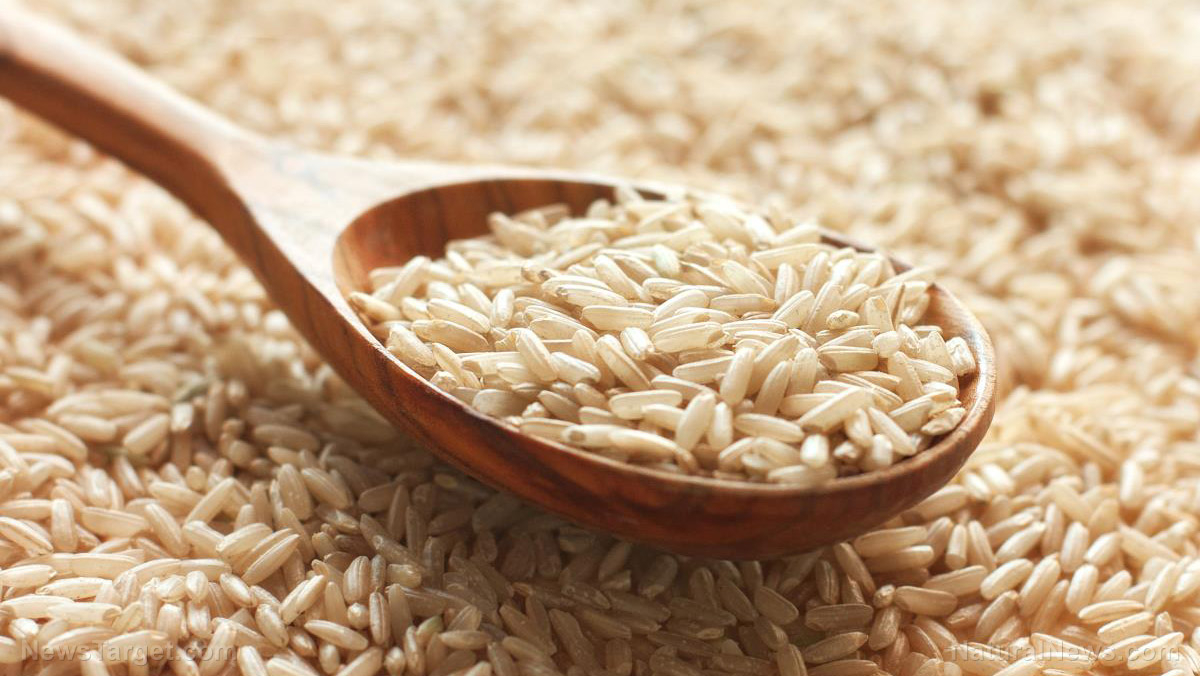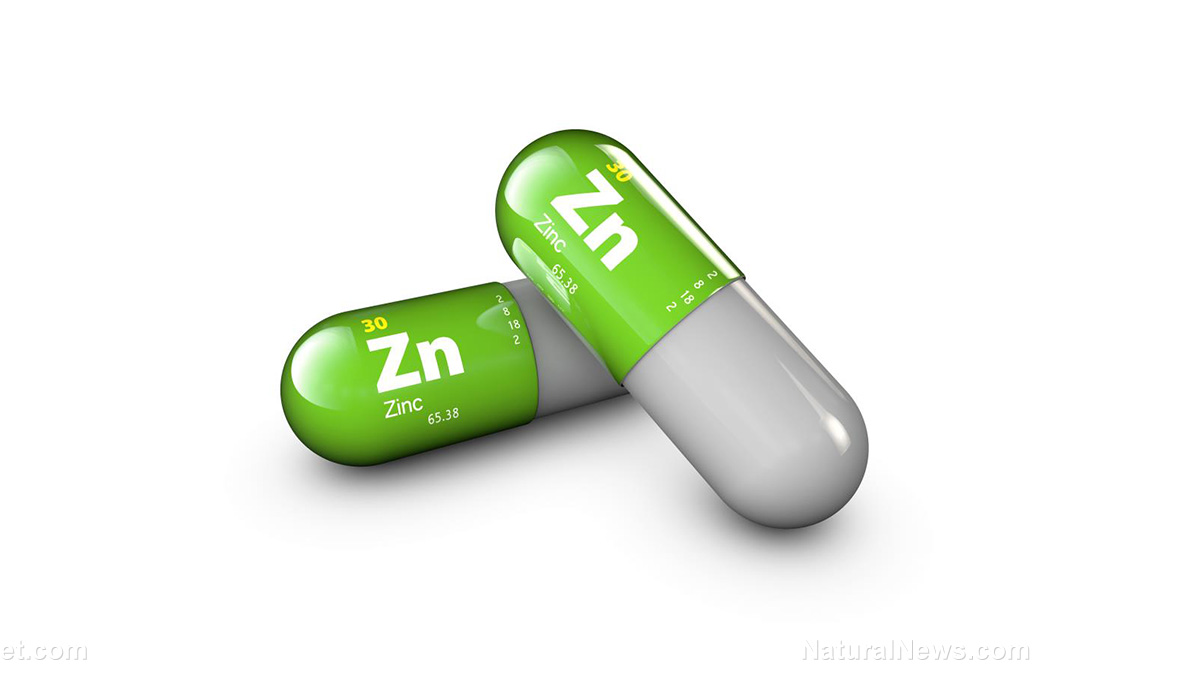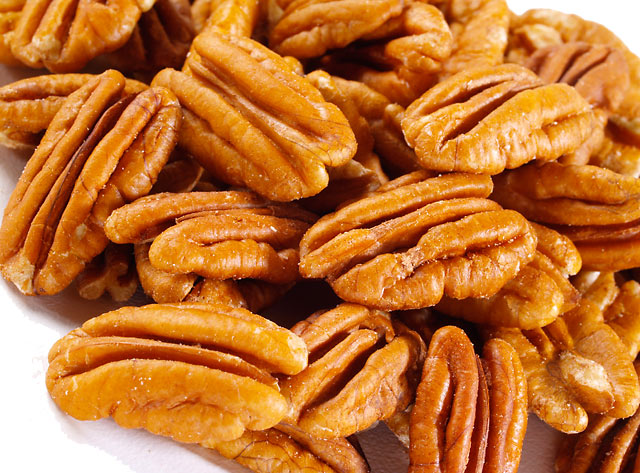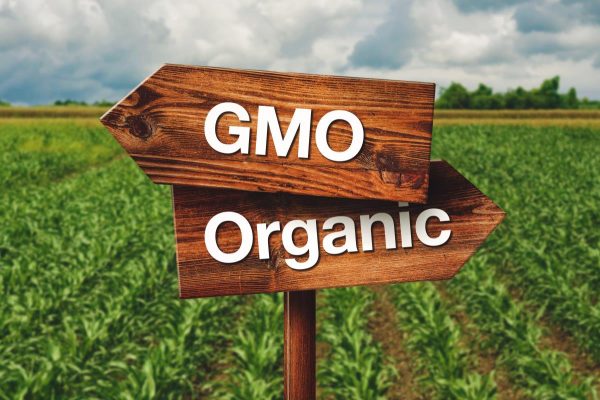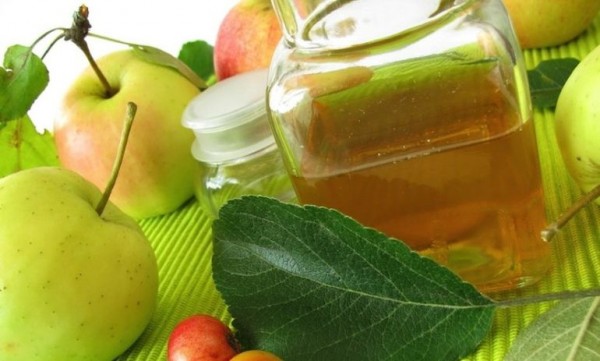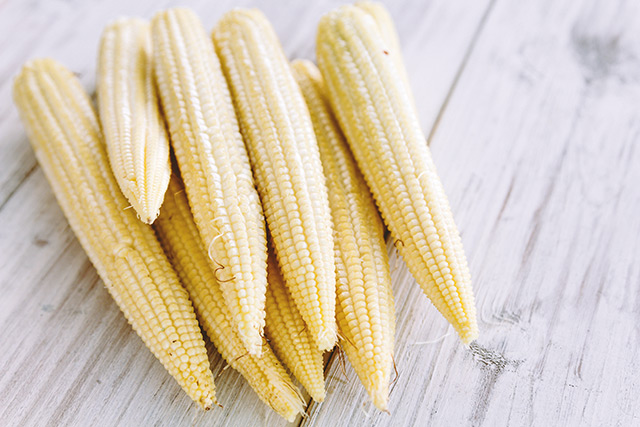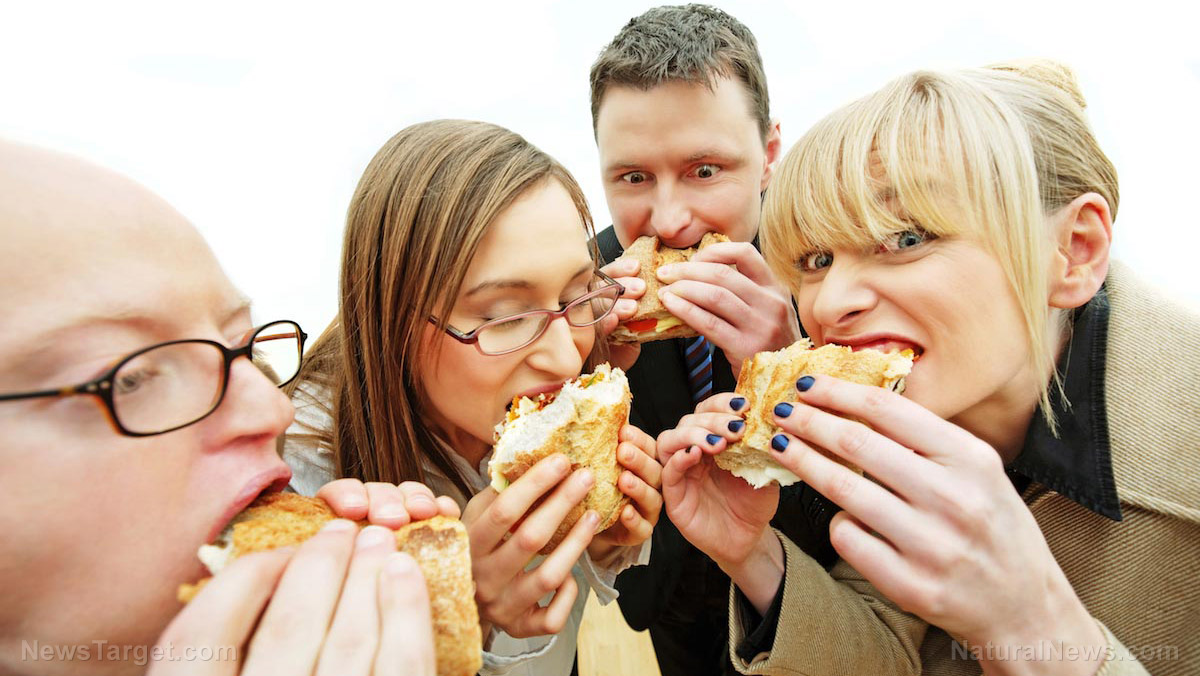If you needed more evidence that what we eat is having a net negative effect on the global population, here it is.
A new study found that the more women eat fast food instead of fresh fruits and vegetables, the less fertile they become and, hence, the less likely they are to get pregnant in the normal manner.
The study, published recently in the peer-reviewed medical journal Human Reproduction, analyzed the diets of 5,598 women in Ireland, the U.K., New Zealand and Australia. Researchers’ central question for the study was, “Is preconception dietary intake associated with reduced fecundity as measured by a longer time to pregnancy?”
“Several lifestyle factors, such as smoking and obesity, have consistently been associated with a longer TTP or infertility, but the role of preconception diet in women remains poorly studied,” said the study abstract. “Healthier foods or dietary patterns have been associated with improved fertility, however, these studies focused on women already diagnosed with or receiving treatments for infertility, rather than in the general population.”
As reported by USA Today, the research team led by Prof. Claire Robert from University Adelaide’s Robinson Research Institute in Australia found that women who consume fast food four times per week or more took nearly one month longer to become pregnant.
“Fast food was defined as items bought from fast food restaurants, and did not include fast food items bought from supermarkets, such as pizza. So, overall fast food consumption might have been underreported, researchers said,” USA Today reported, citing the study’s findings.
You have to eat good food too, not just avoid the bad
Meanwhile, women who consumed fruit three or more times daily boosted their chances of becoming pregnant quickly, while women who only ate fruit less than one to three times monthly took a half-month longer to conceive, researchers discovered.
In addition, they concluded that women who consumed the least amount of fruit bolstered their risk of infertility by 8-12 percent, while women who ate more fast food increased their infertility risk by 8-16 percent. Researchers have defined infertility as being unable to become pregnant after a year.
Previous research has had similar findings
The study’s findings validate and replicate portions of previous research from the Boston University School of Public Health, where researchers found that fertility rates can fall just by consuming one or more sugary drinks (think canned soda) per day, for both men and women. (Related: You choose your brain health with your diet: Anti-inflammatory diet improves brain health while inflammatory diet accelerates atrophy.)
As Natural News reported in March:
The researchers surveyed 3,828 women between the ages of 21 and 45, and 1,045 of their male partners. They were residents of the U.S. or Canada and were part of a Pregnancy Study Online web-based prospective cohort study. The research team gathered information on the participants’ diet, lifestyle factors, and medical history. The female participants also answered follow-up questionnaires every two months until they either became pregnant or the 12-month follow-up period was done.
“We found positive associations between intake of sugar-sweetened beverages and lower fertility, which were consistent after controlling for many other factors, including obesity, caffeine intake, alcohol, smoking, and overall diet quality,” said Elizabeth Hatch, lead author and professor of epidemiology.
As for the Australian-led study, first author Jessica Grieger said in a statement, “We recommend that women who want to become pregnant should align their dietary intakes towards national dietary recommendations for pregnancy.”
Grieger and her team found that consuming green, leafy veggies and fish had no noticeable effect on the time it takes to conceive. The father’s diet was not measured for the study.
“For any dietary intake assessment,” Grieger continued, “one needs to use some caution regarding whether participant recall is an accurate reflection of dietary intake. However, given that many women do not change their diet from pre-pregnancy to during pregnancy, we believe that the women’s recall of their diet one month prior to pregnancy is likely to be reasonably accurate.”
See more reporting on fast food at FastFood.news.
J.D. Heyes is editor of The National Sentinel and a senior writer for Natural News and News Target.
Sources include:
USAToday.com
NaturalNews.com


